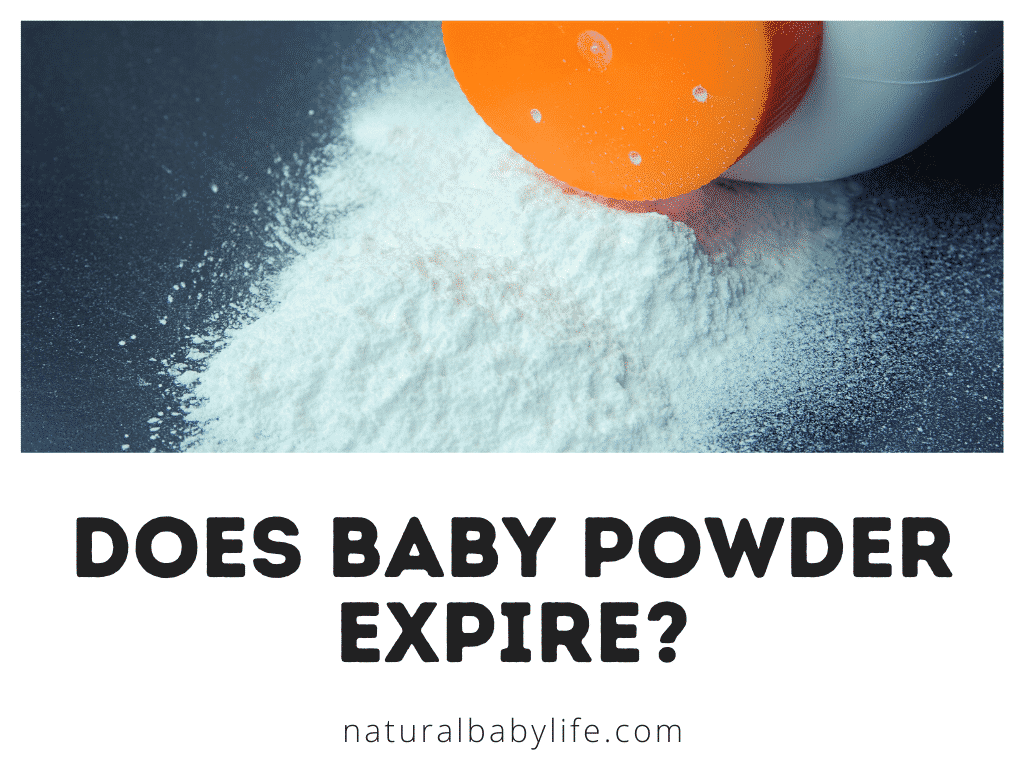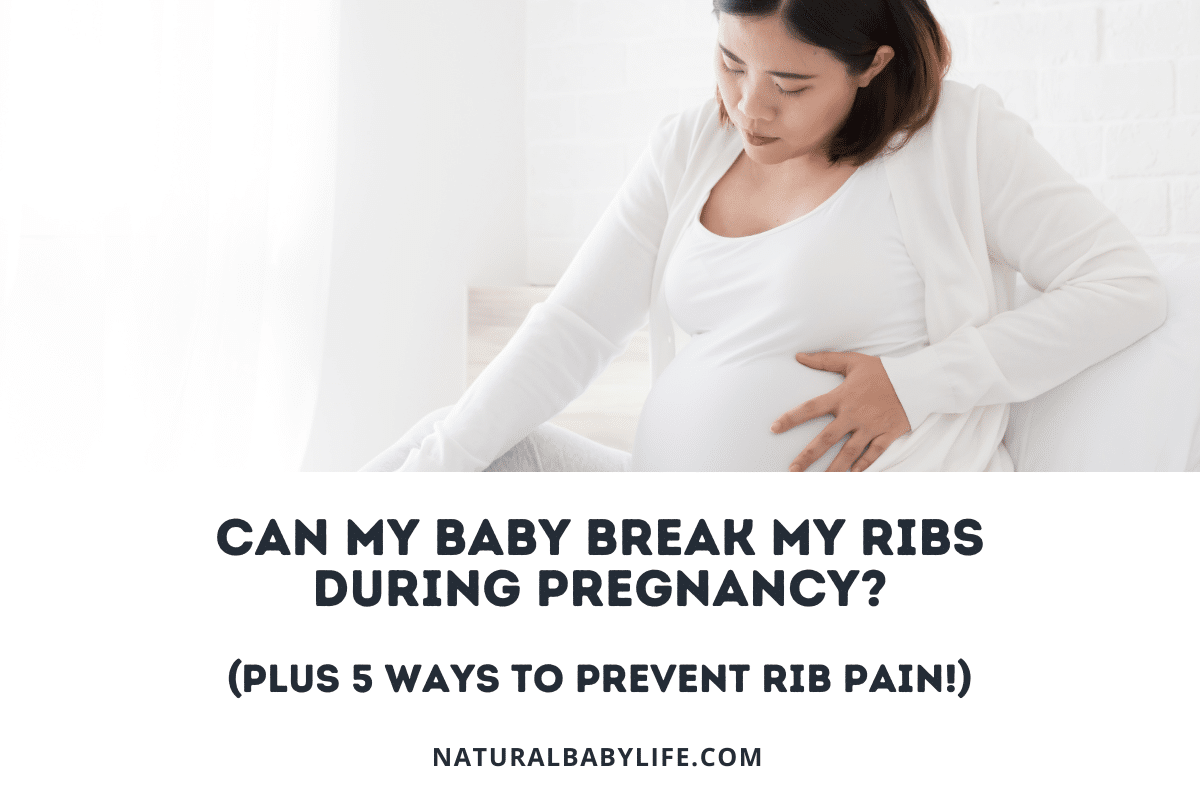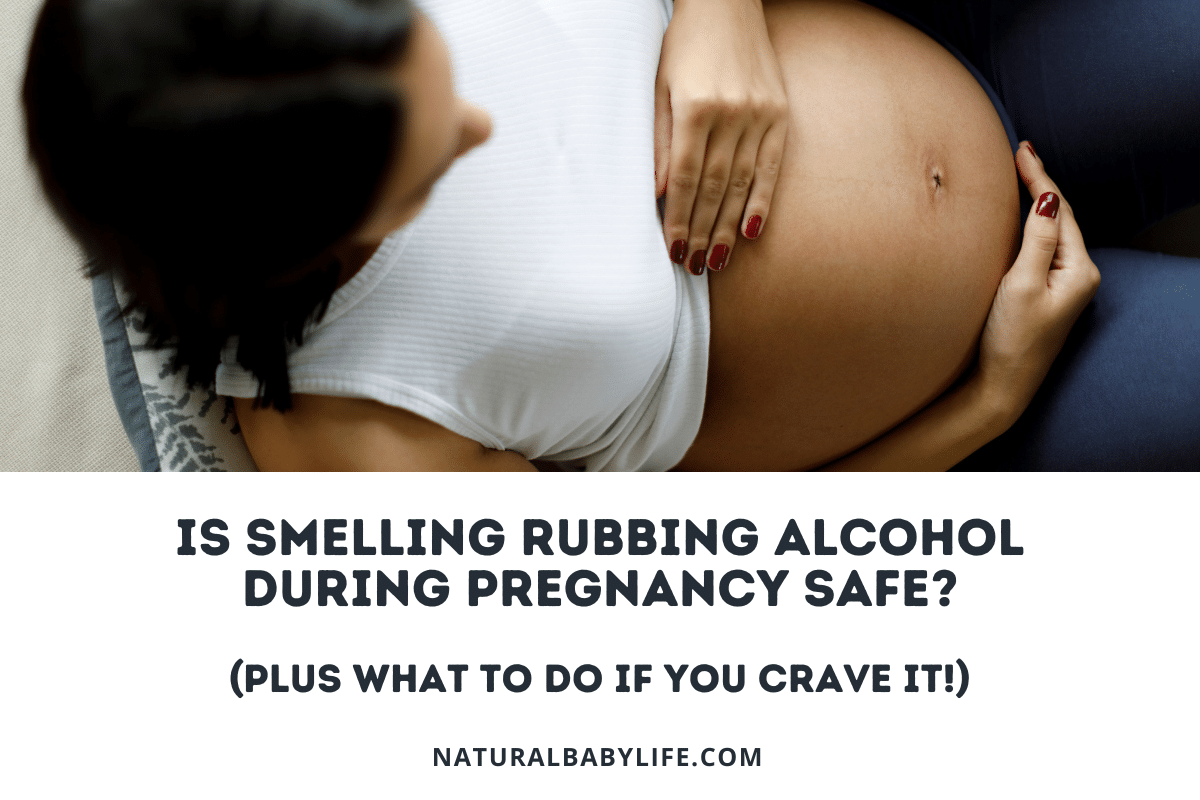There are few events as life-changing as welcoming a new baby. As exciting as pregnancy can be, it can also bring about stress, anxiety, and feelings of inadequacy. Some expecting parents find it difficult to bond with their unborn baby, causing them to wonder “what if I don’t love my baby?”
Both moms- and dads-to-be can sometimes experience difficulty bonding with their unborn child. This anxiety is normal, and certainly doesn’t you won’t love your baby. Typically, parents will become more and more attached to their baby as it develops and they come to terms with both the changes that are coming.
If you have concerns about your ability to bond with and love your baby or want to learn more about this topic, continue reading.
Table of Contents
Scared I won’t love my baby
Parents-to-be have a lot to look forward to, but that doesn’t mean preparing for a newborn is easy.
When you find out you’re expecting, your world is turned upside down. Dealing with the pressure and stress of parenthood can be overwhelming. You might also find yourself mourning your old life and independence. All of these emotions can make bonding with your unborn baby difficult.
In pregnancy, rapidly fluctuating hormones can bring about psychological effects that can worsen anxiety and depression, and symptoms associated with postpartum depression can even occur during pregnancy. Depression that occurs during and after pregnancy is called perinatal depression. This can contribute to feelings of inadequacy and concern about not loving your child.
Is it normal to be worried I won’t love my baby?
Would you believe that up to 20 percent of parents don’t feel a strong attachment to their baby, even within the first few hours of birth?
Many parents grapple with this feeling, and this worry is often tied to a parent’s struggle to bond with their unborn child and is typically resolved as soon as they meet their little one.
Though it might feel shameful, the fear that you might not love your baby is not uncommon.
I’m worried I won’t love my second baby
It is common to have feelings of guilt and anxiety about having a second baby, and you may even be worried you won’t love them.
Changing your firstborn’s world by introducing a new member to the family is difficult, and the thought of losing time with your eldest can be devastating. These feelings can make it difficult to bond with your unborn baby.
If you are experiencing guilt and anxiety about expanding your family, here are some things to keep in mind:
- Be kind to yourself and know that your feelings are common.
- Focus on how wonderful it will be for your child to have a sibling, rather than worrying about the one-on-one time you will lose with your firstborn.
- You don’t have to choose between your firstborn and unborn baby. Your heart is big enough to love both of your children.
- Look to other parents who have more than one child for guidance. It can be beneficial to see how others have navigated this situation.
- Avoid projecting feelings of jealousy onto your firstborn. Instead, find ways to include them in the excitement of preparing for your new baby.
Why don’t I love my unborn baby?
The fear that you won’t love your unborn baby is not unusual and can stem from many different reasons, including:
- It doesn’t feel “real” yet
- Attachment can take time
- Everything is changing
- Pregnancy is all-consuming
- It can be overwhelming
It doesn’t feel real yet
It can be hard to picture what your life will be like with your new baby. This can be especially difficult for first-time parents. Oftentimes, it doesn’t feel real until they are in your arms.
Some women do not experience many pregnancy symptoms, and others do not “show” until later in their pregnancy. These factors can have women wondering why they don’t “feel pregnant”. This can make bonding with their unborn babies hard.
Similarly, it can be difficult for fathers to bond with their unborn babies because they do not feel the physical effects of being pregnant.
Attachment can take time
Around 20 percent of new parents do not feel immediately bonded to their newborn baby in the hours following delivery. This is especially common in fathers.
Jerrold Shapiro, professor of counseling psychology and author of “The Measure of a Man: Becoming the Man You Wish Your Father Had Been,” claims that fathers often respond to interactive qualities in children, indicating that this can delay bonding until babies are older.
Everything is changing
Few life experiences are as impactful as welcoming a new baby.
Though it’s an exciting time for most parents, this drastic life change can cause parents to lose their sense of selves. This can cause anxiety and even resentment. These feelings of loss don’t mean that you don’t, or won’t, love your baby.
Taking steps to hold on to your identity outside of parenthood can make these changes less challenging.
Here are some tips suggested by What to Expect:
- Establish a support system
- Remember that pregnancy and postpartum are temporary
- Keep up with some familiar routines
- Exercise self-compassion
- Ask for help
Pregnancy is all-consuming
Complications in pregnancy can make it hard to connect with your unborn child.
Mothers who experience difficult pregnancies may have a harder time bonding with their unborn baby because they are focused on simply surviving.
Beyond the discomfort, there are a host of health issues that can arise during pregnancy, including severe nausea, hypertension, gestational diabetes, and mental health conditions. In fact, research shows that 33% of women struggle with some level of anxiety or depression during their pregnancy.
It can be overwhelming
Whether your pregnancy was unexpected or planned, the idea of welcoming a child can be overwhelming. There’s a lot to do in just nine short months, and it can be hard to manage alongside your normal daily life.
If you are wrapped up in stress and feelings of unpreparedness, it can be hard to enjoy your pregnancy and bond with your unborn baby.
Here are some tips to help manage stress during pregnancy:
- Practice mindfulness – Allow yourself to acknowledge and feel your emotions.
- Improve your sleep – Aim for 7-9 hours of sleep at night. Avoid caffeine and foods that can contribute to fragmented sleep (e.g. heavy or fatty foods, citrus, soda) before bed.
- Exercise – Find a pregnancy-friendly activity that you enjoy, such as prenatal yoga, to improve your overall well-being.
- Build a support system – Surround yourself with friends and family that can provide emotional support. Consider joining a parenting group.
Bonding with unborn baby
Bonding with your baby before they are born can be difficult; however, doing activities to help nurture that bond can help prepare you for parenthood.
If you feel disconnected from your unborn baby, here are some bonding exercises you could try:
- Sing to your baby
- Listen to music
- Talk to your baby
- Read to your baby
- Use your baby’s name when talking to or referring to them
- Encourage your partner and family member to talk to your baby
- Prenatal yoga or light exercise
- Keep a pregnancy journal
- Massage your belly
- Do a belly cast, belly art, or maternity shoot
Will I love my baby
Many parents fall in love with their baby as soon as they set eyes on them; however, it can take longer for some.
As long as you are still able to care for your child appropriately, it is normal for bonding to take time. This delay in maternal or paternal instincts doesn’t mean you won’t love your baby.
What if I don’t
If you remain detached from your baby, it is a sign that you might have postpartum (or perinatal) depression. You’re not alone – somewhere between nine and sixteen percent of moms experience this form of depression.
Postpartum depression is a serious mental illness that can bring on a variety of symptoms, including:
- You feel guilty or worry that you are not a good mom.
- You are in a constant depressive state and cannot be comforted.
- You long to escape your reality. You can consider leaving your family or even suicide.
- You are always overwhelmed.
- You do not love your baby.
- You feel like you are incapable of being a good mom.
- You are easily angered.
- You feel like your baby doesn’t love you.
If you think that you have postpartum depression, know that it is treatable.
To get help, consult your doctor or psychologist, and visit Postpartum Support International for additional support. In the case of an emergency, seek immediate medical attention or contact one of the following emergency hotlines:










